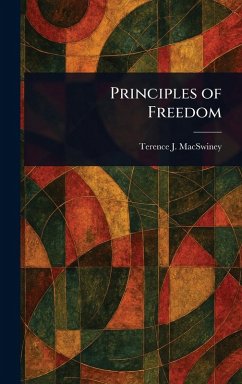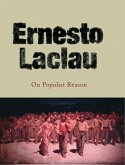Terence J. MacSwiney's "Principles of Freedom" is a powerful exploration of liberty, self-determination, and the philosophical underpinnings of political freedom. A significant contribution to political philosophy and Irish nationalism, this book delves into the core principles that drive movements for freedom and civil rights. MacSwiney examines the essential nature of liberty, offering a compelling argument for its importance in both individual and national life. His work resonates with timeless themes of self-governance and the pursuit of justice. Placed within the broader context of European history, specifically Irish history and political ideologies, "Principles of Freedom" provides valuable insights into the intellectual foundations of freedom movements. This meticulously prepared edition allows readers to engage with MacSwiney's influential ideas on political thought and the enduring quest for liberty. A vital resource for anyone interested in the theory and history of freedom. This work has been selected by scholars as being culturally important, and is part of the knowledge base of civilization as we know it. This work is in the public domain in the United States of America, and possibly other nations. Within the United States, you may freely copy and distribute this work, as no entity (individual or corporate) has a copyright on the body of the work. Scholars believe, and we concur, that this work is important enough to be preserved, reproduced, and made generally available to the public. We appreciate your support of the preservation process, and thank you for being an important part of keeping this knowledge alive and relevant.
Bitte wählen Sie Ihr Anliegen aus.
Rechnungen
Retourenschein anfordern
Bestellstatus
Storno









